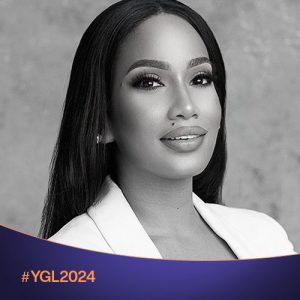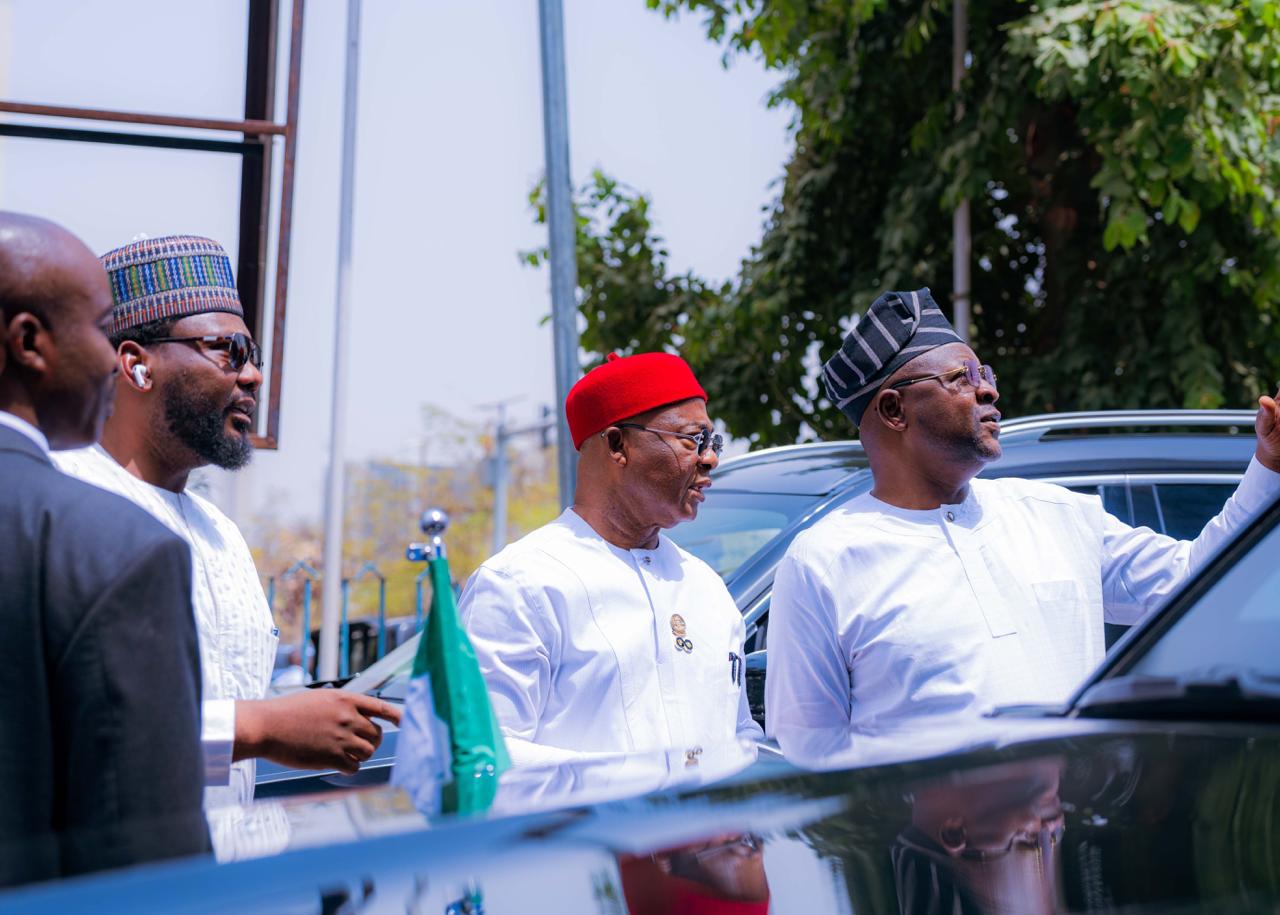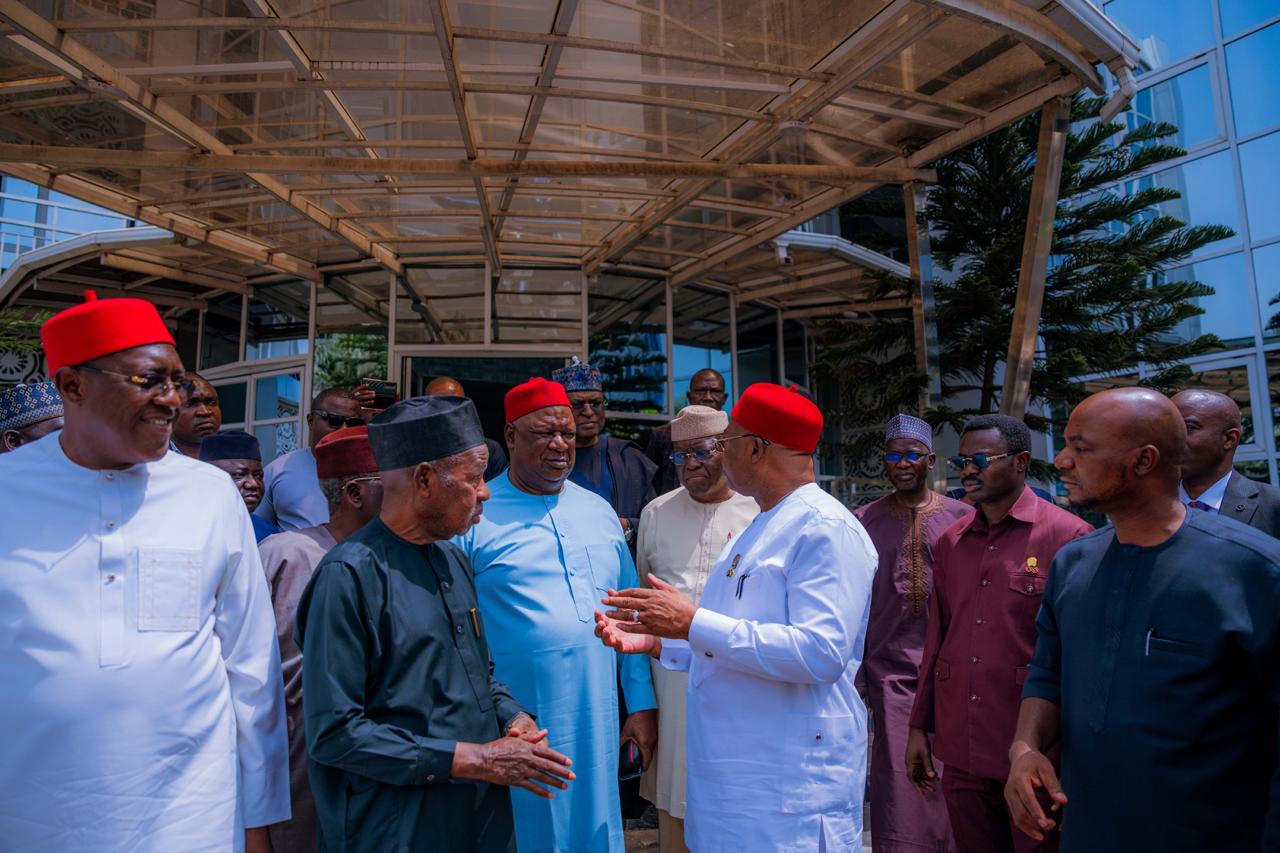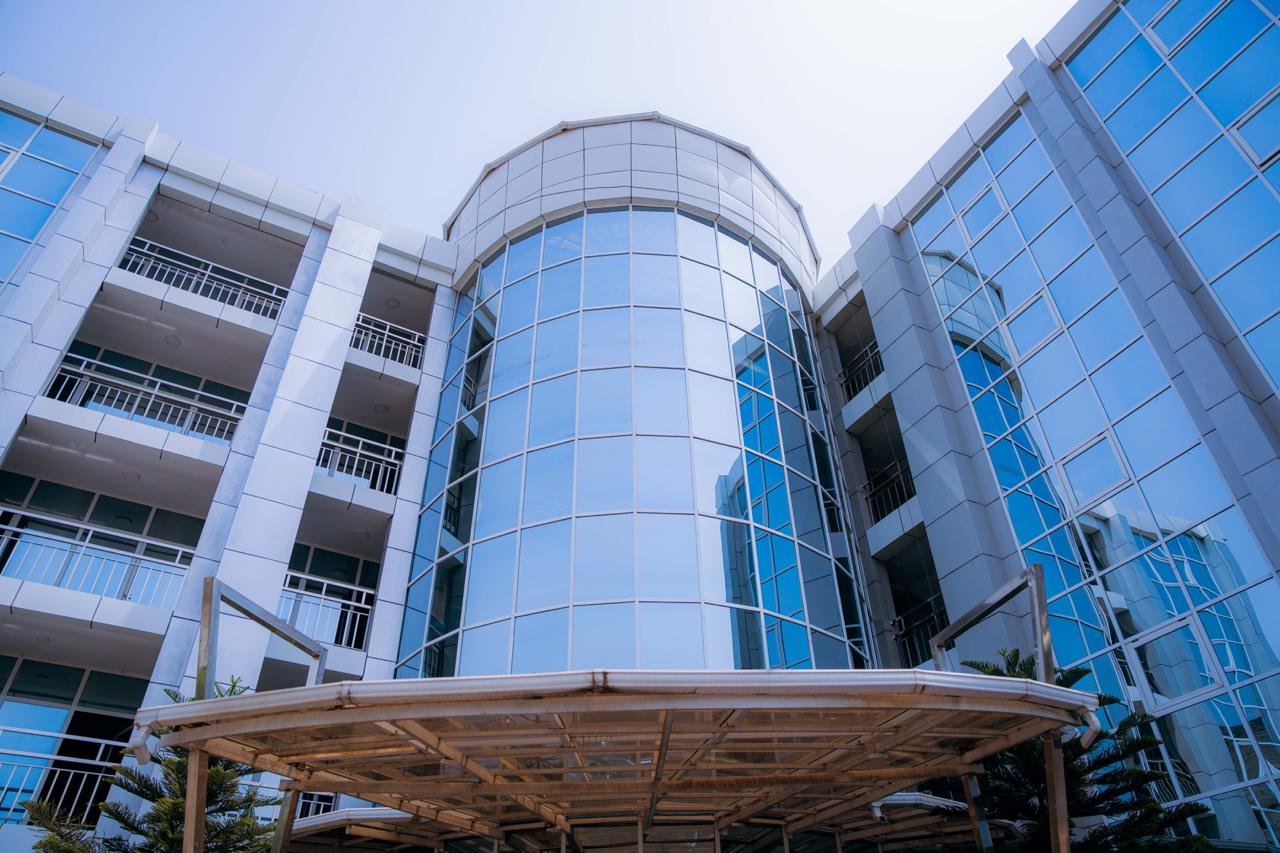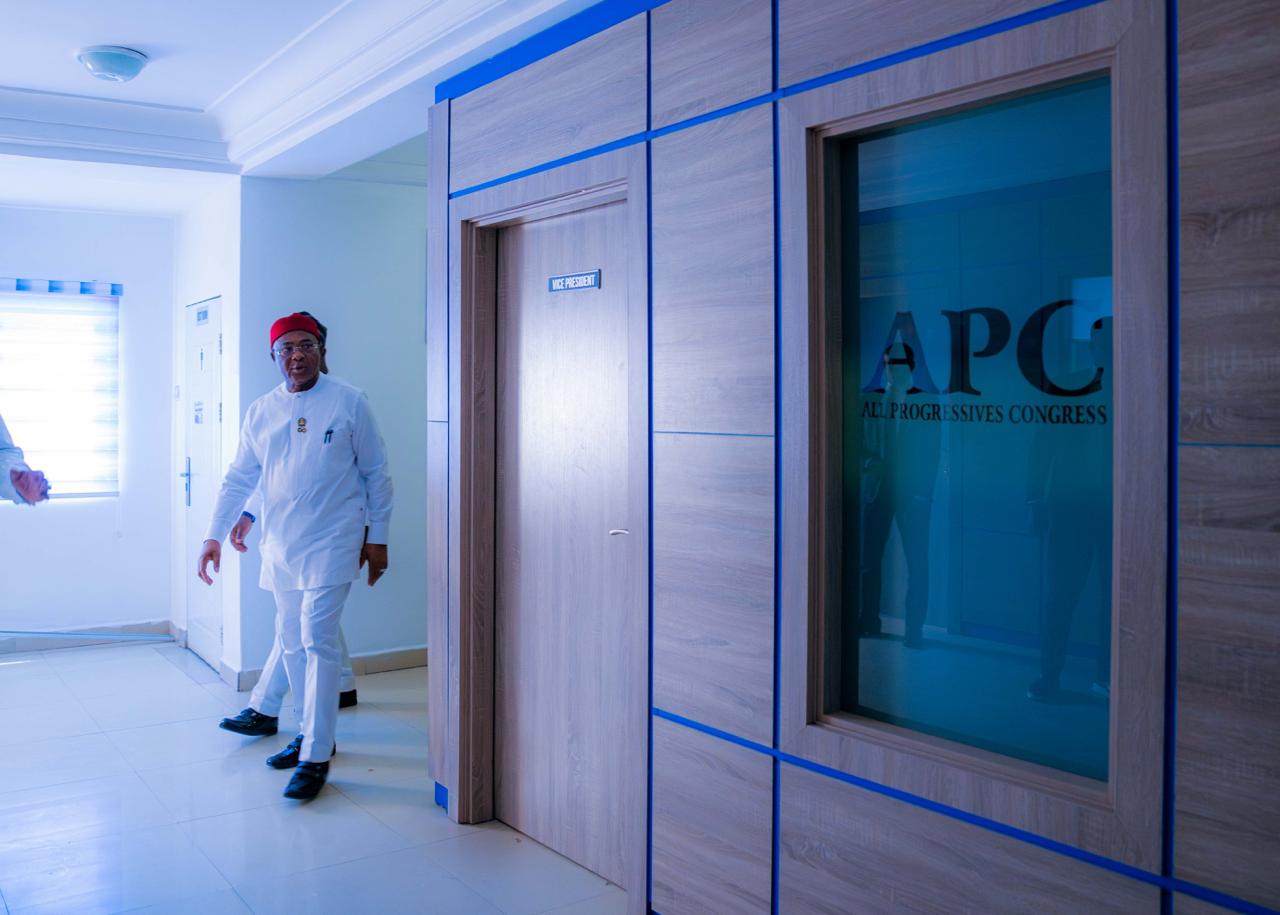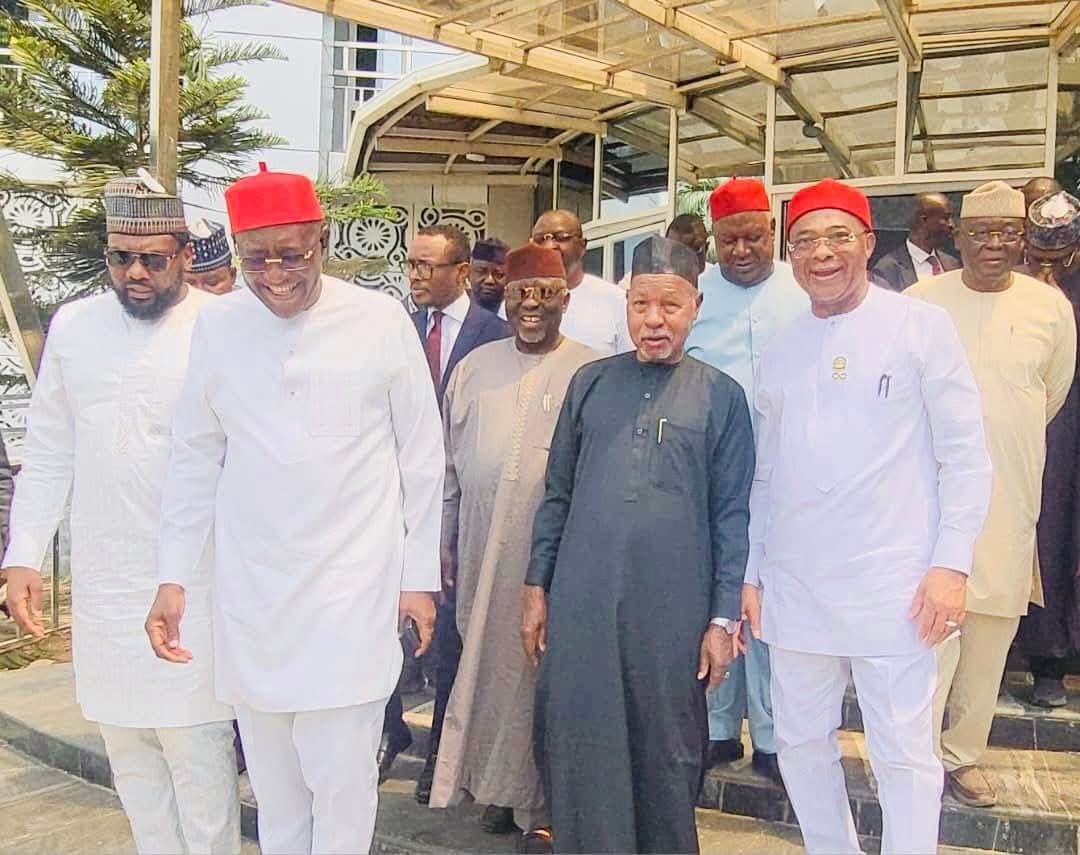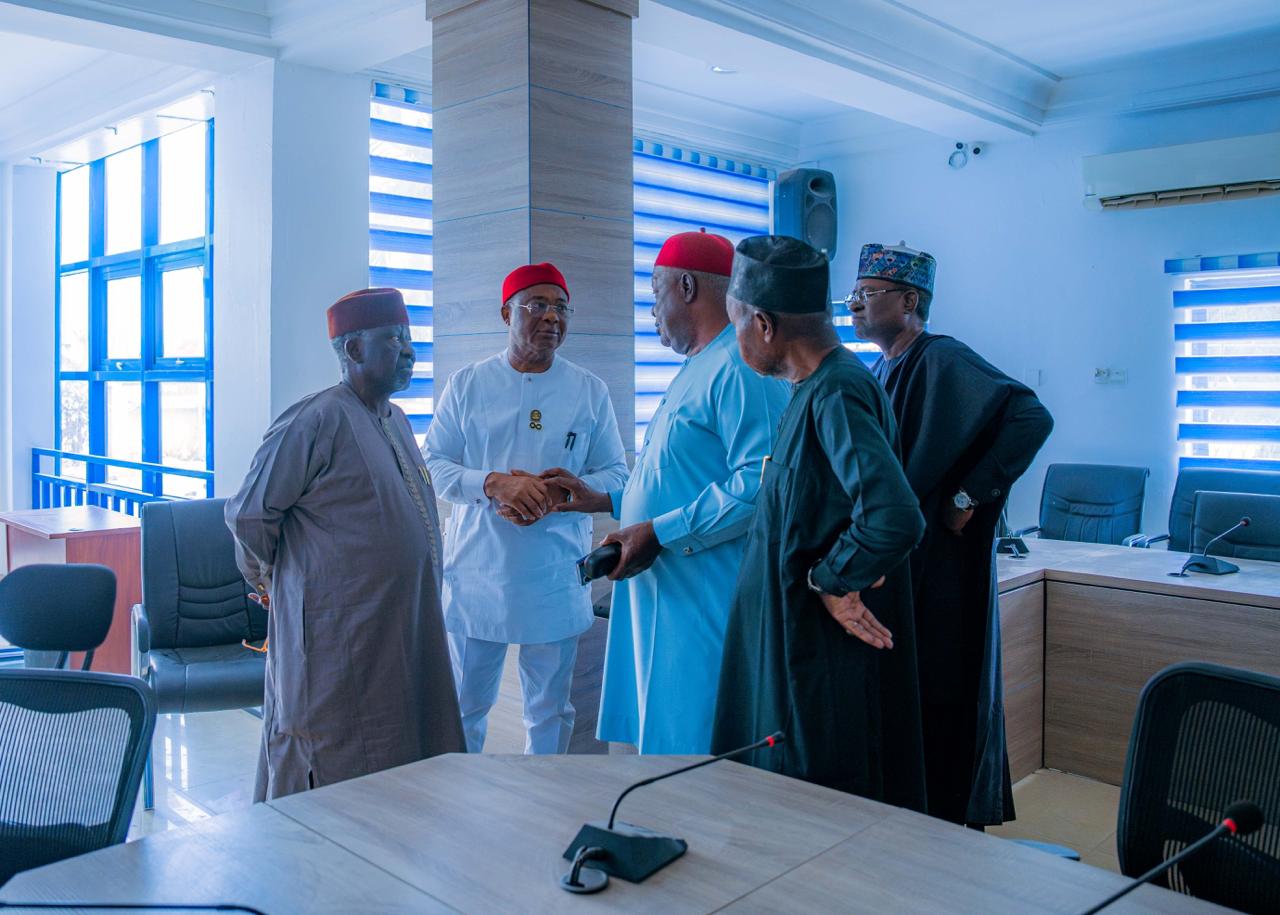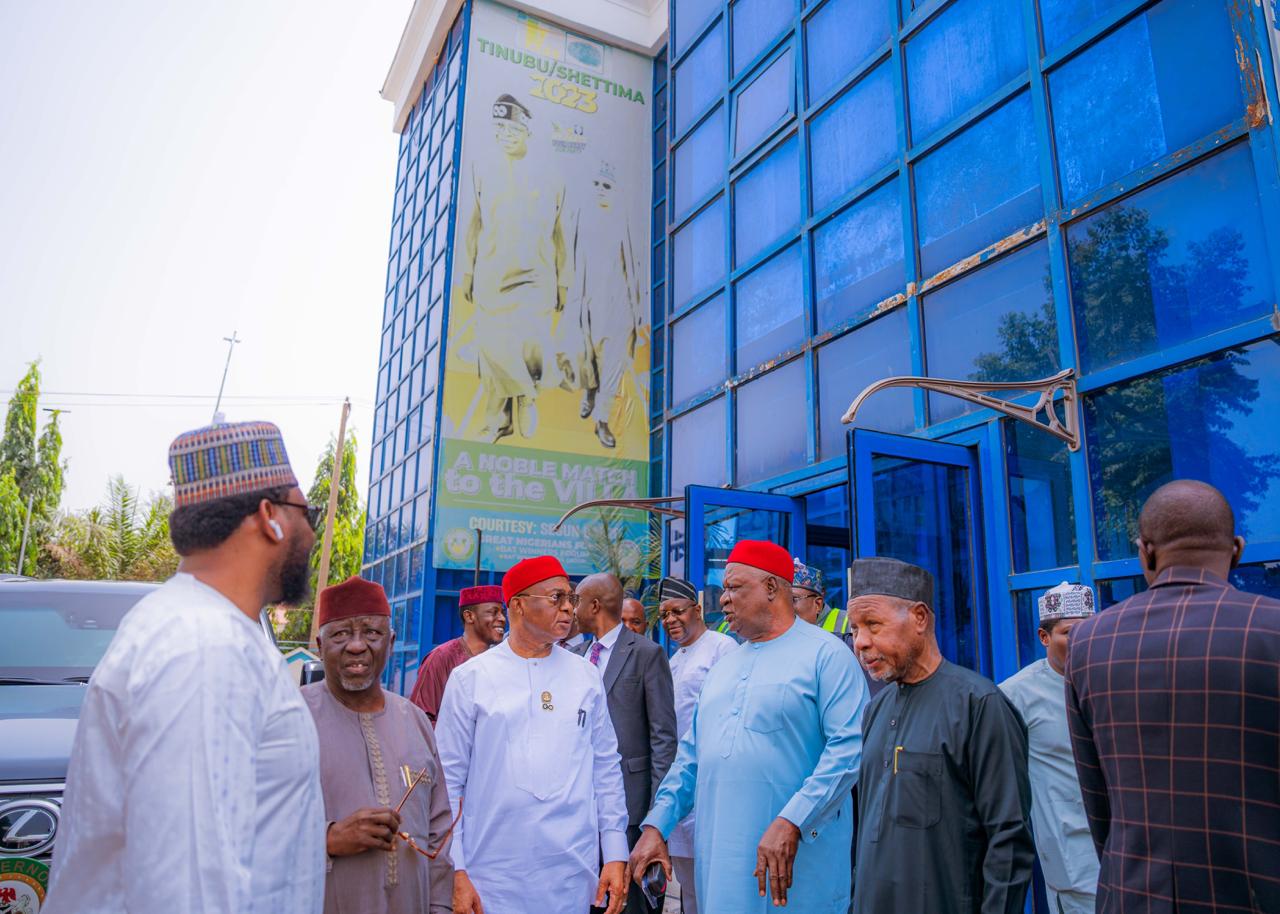Business
World Economic Forum Honours Temi Marcella With Young Global Leader Award
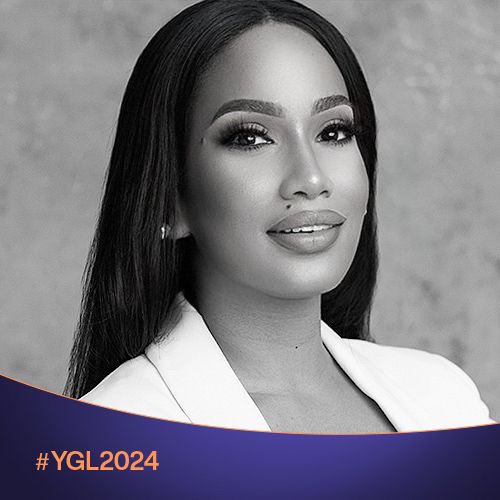
World Economic Forum Honours Temi Marcella With Young Global Leader Award
Temi Marcella, one of Nigeria’s high-flying female investors and entrepreneurs shattering the glass ceiling and founding partner of Alcent Capital has added another feather to her cap as one of the world’s Young Global Leaders Class of 2024. The prestigious award, a vision of the World Economic Forum, WEF, was launched in 2024 as a platform to recognize exceptional and forward-thinking leaders from all walks of life and various fields who are below 40 years old.
Getting nominated for the award is not an easy feat, Marcella was selected among a group of nearly 90 changemakers who are shaping the future and accelerating positive change through their groundbreaking work. But Temi Marcella is no stranger to success. She has carved a niche for herself as one of Africa’s emerging female leaders in the investment world. With the recognition, Marcella joins a list of outstanding honorees from every corner of the world who have gone on to become Pulitzer winners, UN Goodwill Ambassadors, CEOs of Fortune 500 companies and heads of state. Notable community members include Netflix Executive Producer Peace Hyde, Vogue China’s Former Editor-in-Chief Margaret Zhang, Olympian Lewis Pugh, disability activist Sinéad Burke, Peace Activist Victor Ochen, and singer-songwriter will.i.am.
Described as an epitome of beauty and brain, Marcella has continued to be a symbol of inspiration to many young leaders in their pursuit of greatness. In its biography of Marcella, WEF describes her as “the Founding Partner of Alcent Capital. This platform channels capital into the next generation of leading technology companies with global ambitions. As a distinguished investment professional, Marcella highlights that “the dynamic landscape of 2024 demands responsive and adaptive leadership.” Continuing, the WEF said in her view “innovation is paramount to unleashing new waves of economic growth”. She is “focused on scaling platforms that unlocks the powers of entrepreneurship across global innovation ecosystems while building bridges to foster investment, trade, and collaboration on global issues.”
In her reaction to the global recognition, Marcella expressed excitement for being recognized as a Young Global Leader by the World Economic Forum. In her words”I look forward to embarking on this transformative journey and working alongside fellow WEF leaders to build and grow innovative platforms that will drive impact at large scale.” For over two decades, the Forum for Young Global Leaders has been at the forefront of identifying and uniting the world’s most promising leaders under 40, fostering a community of exceptional individuals committed to driving positive change and supporting them in tackling the world’s most pressing problems.
Business
Aig-Imoukhuede Foundation opens applications for 6th Cohort Programme
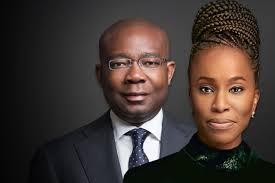
Aig-Imoukhuede Foundation opens applications for 6th Cohort Programme
The Aig-Imoukhuede Foundation is pleased to announce that applications are now open for the sixth cohort of its transformative AIG Public Leaders Programme (AIG PLP).
This flagship six-month executive education initiative, delivered by the University of Oxford’s Blavatnik School of Government, is designed to empower high-potential public sector leaders across Africa with the tools, networks, and strategic insight required to deliver meaningful reform across African public institutions.
Applications are now open to qualified public servants from all English-speaking African countries and will close on Sunday, April 12, 2026. The programme commences in October 2026.
Since its inception in 2021, the AIG PLP has built a formidable reputation for creating tangible impact.
Alumni from the programme have gone on to design and implement more than 230 reform projects within their ministries, departments, and agencies across Africa.
An impact survey revealed that 62% of alumni have earned promotions or assumed expanded leadership roles post-training, demonstrating the programme’s direct effect on career advancement and institutional influence.
“Across Africa, the complexity of public sector challenges demands more than good intentions. It requires reformers who understand systems, can navigate institutional realities, and are equipped to implement sustainable change.
The AIG PLP is designed to meet this need,” said Ofovwe Aig-Imoukhuede, Executive Vice-Chair of the Aig-Imoukhuede Foundation.
As part of the programme, a PLP alumna, Titilola Vivour-Adeniyi, Executive Secretary of Lagos State DSVA, launched a secure self-reporting tool that allows survivors of domestic and sexual abuse safely document incidents and preserve evidence.
Survivors are already accessing support, and the tool ensures that crucial proof is protected until justice can be sought. This is one of over 230 impactful reform projects being implemented across sectors as diverse as healthcare, finance, agriculture, and education.
We are seeing proof every day that investing in the capacity and leadership potential of people, delivers the kind of transformation that policy alone cannot achieve.”
The AIG PLP is a blended learning experience that combines online sessions with an intensive residential module.
It is offered at no cost to selected participants, with the Foundation covering all costs of the programme including accommodation and feeding during the residential weeks.
Participants gain direct access to world-class faculty from the University of Oxford, and learn to tackle core public sector challenges such as: Negotiating in the public interest. Harnessing digital technology for governance.
Strengthening public organisations.
Upholding integrity in public life.
The curriculum culminates in a capstone reform project, where participants apply their new skills to a real-world challenge within their institution.
This practical component ensures that learning translates directly into actionable solutions.
Interested candidates are encouraged to apply early. For more details on the application process and to apply, please visit the Aig-Imoukhuede Foundation website.
Business
Renewed Hope Ambassadors Inspect RHA Secretariat
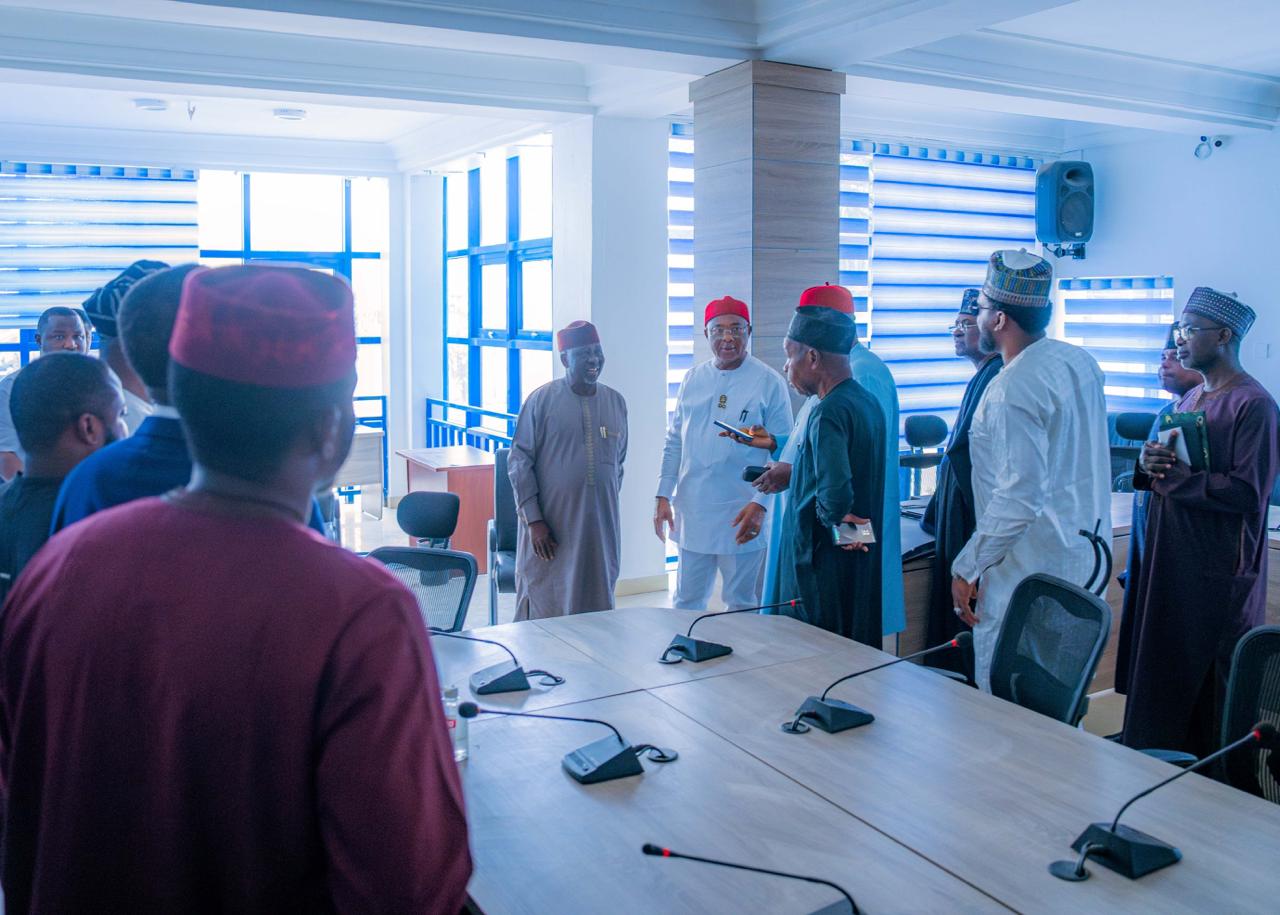
Renewed Hope Ambassadors Inspect RHA Secretariat
Renewed Hope Ambassadors, led by its Director-General and the Governor of Imo State, Hope Uzodinma, alongside Zonal Coordinators (NW, NC, SE), the Media & Publicity Directorate, and other key stakeholders, inspected the RHA Secretariat two days after President Bola Tinubu unveiled the Renewed Hope Ambassadors grassroots engagement drive in Abuja.
Business
Harmony Gardens’ Ibeju-Lekki Portfolio Crosses $1bn

Harmony Gardens’ Ibeju-Lekki Portfolio Crosses $1bn
Harmony Garden & Estate Development Limited has expanded its development activities across Ibeju-Lekki, pushing the projected long-term value of its estate portfolio beyond $1 billion.
Led by Chief Executive Officer Hon. Dr. Audullahi Saheed Mosadoluwa, popularly know Saheed Ibile, the company is developing seven estates within the Lekki–Ibeju corridor. Details available on Harmony Garden & Estate Development show a portfolio spanning land assets and ongoing residential construction across key growth locations.
A major component is Lekki Aviation Town, where urban living meets neighborhood charm, located near the proposed Lekki International Airport and valued internally at over $250 million. The development forms part of the company’s broader phased expansion strategy within the axis.
Other estates in the corridor tagged as the “Citadel of Joy” (Ogba-idunnu) include Granville Estate, Majestic Bay Estate, The Parliament Phase I & II, and Harmony Casa Phase I & II.
With multiple projects active, the rollout of the Ibile Traditional Mortgage System, and structured expansion underway, Harmony Garden & Estate Development Ltd continues to deepen its presence within the fast-growing Ibeju-Lekki real estate market.
-

 celebrity radar - gossips7 months ago
celebrity radar - gossips7 months agoWhy Babangida’s Hilltop Home Became Nigeria’s Political “Mecca”
-

 society5 months ago
society5 months agoReligion: Africa’s Oldest Weapon of Enslavement and the Forgotten Truth
-

 society7 months ago
society7 months agoPower is a Loan, Not a Possession: The Sacred Duty of Planting People
-

 news3 months ago
news3 months agoWHO REALLY OWNS MONIEPOINT? The $290 Million Deal That Sold Nigeria’s Top Fintech to Foreign Interests

